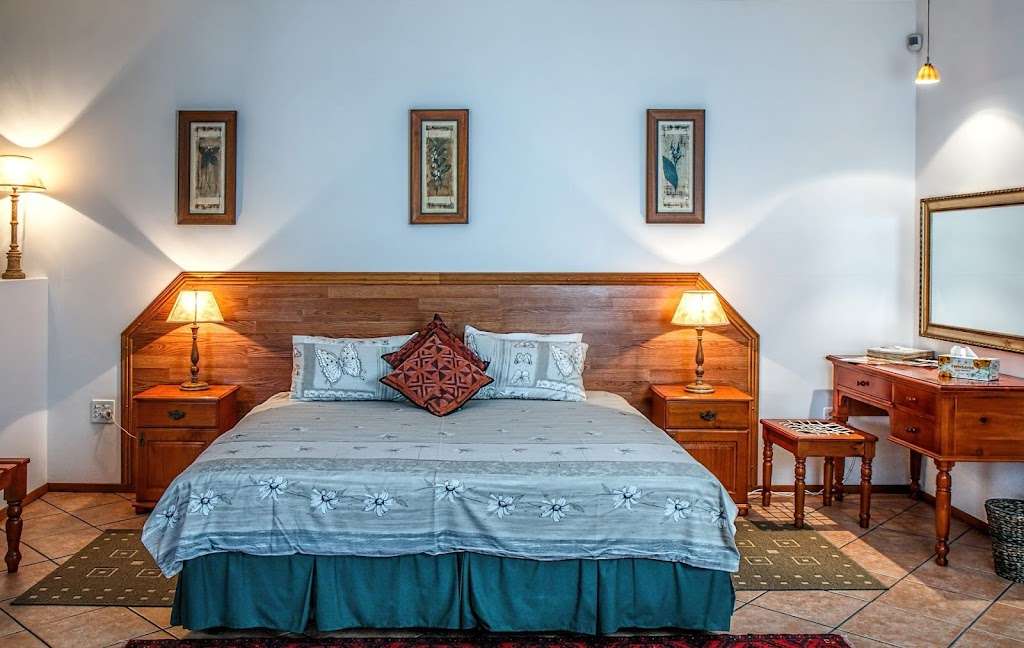

In today’s fast-paced world, finding a skilled and reliable carpenter who can deliver exceptional work while staying within your budget can be a challenging task. We understand the importance of securing a carpenter who not only possesses the required craftsmanship but also respects your financial constraints. That’s why we’ve put together this comprehensive guide to help you locate the perfect carpenter for your project, without compromising on quality or breaking the bank.
Table of Contents
1. Defining Your Project Scope
The first step in your quest for a budget-friendly carpenter is to clearly define the scope of your project. Are you looking to remodel your kitchen, build custom furniture, or undertake a smaller repair job? Determining the specifics of your project will enable you to communicate your needs effectively when seeking potential carpenters.
2. Setting a Realistic Budget
Understanding your financial limitations is crucial before embarking on any carpentry project. Research the average costs associated with your type of project and set a realistic budget. While it’s important to be budget-conscious, keep in mind that quality craftsmanship often comes with a reasonable price tag.
3. Seeking Recommendations
Word-of-mouth recommendations can be a goldmine when it comes to finding a reliable carpenter. Reach out to friends, family, and colleagues who have had similar work done. Their firsthand experiences can provide valuable insights into the skills, professionalism, and affordability of carpenters they’ve worked with.
4. Online Platforms and Reviews
The digital age has brought about a plethora of online platforms that connect homeowners with carpenters and other professionals. Websites like Yelp, Angie’s List, and HomeAdvisor allow you to browse through reviews and ratings from previous clients. Look for carpenters who have consistently received positive feedback for their work quality and adherence to budgetary constraints.
5. Interviewing and Portfolio Assessment
Once you’ve compiled a list of potential carpenters, it’s time to conduct interviews. Prepare a list of questions that delve into their experience, approach to budgeting, and past projects. Ask for a comprehensive portfolio showcasing their previous work, which can give you a sense of their style and capabilities.
6. Requesting Detailed Quotes
When communicating with carpenters, be sure to provide them with a clear outline of your project and budget. Request detailed quotes that break down the costs of materials, labor, and any additional expenses. This will help you compare quotes from different carpenters and make an informed decision.
7. Checking References
Don’t hesitate to ask potential carpenters for references from previous clients. Contact these references to inquire about their overall satisfaction, adherence to budget, and the quality of the finished work. Speaking directly with past clients can provide valuable insights into the carpenter’s work ethic and ability to stay within budgetary limits.
8. Negotiating and Flexibility
Effective communication is key to negotiating a favorable agreement with your chosen carpenter. Be open about your budget constraints and discuss potential areas where cost savings can be achieved without compromising on the final outcome. A skilled carpenter will appreciate your transparency and may offer creative solutions to meet your needs.
9. Clarifying Terms and Contracts
Before finalizing your agreement, ensure that all terms and expectations are clearly outlined in a written contract. This contract should include project timelines, payment schedules, scope of work, and provisions for any unforeseen circumstances that may impact the budget. Review the contract thoroughly and address any ambiguities before proceeding.
10. Monitoring Progress
Throughout the project, maintain open communication with your carpenter. Regularly assess the progress and budget adherence to ensure that both parties are aligned. Address any concerns or deviations from the budget promptly to avoid potential misunderstandings.
11. Value-Driven Approach
When selecting a carpenter, prioritize those who offer value beyond just the monetary aspect. Look for professionals who are passionate about their craft and are willing to share insights and recommendations that could enhance the final outcome of your project. Carpenters who genuinely care about your satisfaction are more likely to go the extra mile to ensure your project’s success.
12. Local Networking for carpenter
Don’t underestimate the power of local networking. Attend home improvement events, workshops, and trade shows in your area. Engaging with carpenters and other professionals face-to-face allows you to gauge their personality, professionalism, and dedication to their work – all essential factors in making an informed decision.
13. Embracing Transparency
Transparency is key to building a successful working relationship with your chosen carpenter. Clearly communicate your budget constraints and expectations from the outset. A carpenter who is open about their pricing structure and potential cost-saving measures demonstrates integrity and a commitment to delivering on their promises.
14. Flexibility in Design
In some cases, adjusting the design or materials slightly can make a significant difference in staying within your budget. Discuss design options with your carpenter and explore alternative materials that maintain the desired aesthetic while being more cost-effective. A skilled carpenter can offer creative solutions that balance design aspirations with financial realities.
15. Multi-Quote Comparison
Reaching out to multiple carpenters and obtaining quotes allows you to compare different approaches and pricing strategies. While cost is an essential factor, also consider the carpenter’s experience, reputation, and overall fit for your project. Sometimes, a slightly higher upfront cost can lead to better long-term value and peace of mind.
16. Long-Term Relationships
Building a long-term relationship with a reliable carpenter can be incredibly beneficial for future projects. Once you’ve identified a carpenter who aligns with your budget and quality expectations, nurture the relationship. Regularly communicate, provide feedback, and refer their services to others in need. This can lead to preferential treatment and potentially more competitive pricing down the line.
17. Referral Programs
Some carpenters offer referral programs as a way to thank clients who recommend their services. If you’re pleased with the work your chosen carpenter has done, consider referring them to friends, family, and colleagues. Not only does this help the carpenter grow their business, but it could also lead to special discounts or perks for you on future projects.
18. Preparing for the Unexpected
Even the most meticulously planned projects can encounter unforeseen challenges that impact the budget. It’s wise to set aside a contingency fund to account for unexpected expenses. Discuss this with your carpenter during the negotiation process, so everyone is prepared for any potential surprises that could arise during the project.
19. Online Presence and Reviews
In addition to traditional recommendations, take advantage of online platforms that showcase carpenter reviews and ratings. Beyond just assessing the star rating, delve into the specifics of the reviews. Look for recurring themes related to budget adherence, communication, and overall satisfaction. This insight can provide a well-rounded view of the carpenter’s capabilities.
20. Continuous Learning
A carpenter who values continuous learning and professional development is more likely to provide innovative solutions while staying within your budget. Inquire about any recent training or certifications they’ve obtained. A commitment to staying updated with industry trends demonstrates a proactive approach to delivering high-quality work without compromising your financial constraints.
Conclusion
Finding a carpenter who aligns with your budget while delivering top-notch craftsmanship requires a combination of research, communication, and strategic decision-making. By following these comprehensive steps, you’re well on your way to securing a carpenter who not only meets your project requirements but also respects your financial limitations.
Remember, your project’s success depends on a holistic approach that factors in not only the budget but also the quality of work, professionalism, and long-term value provided by the carpenter you choose.



